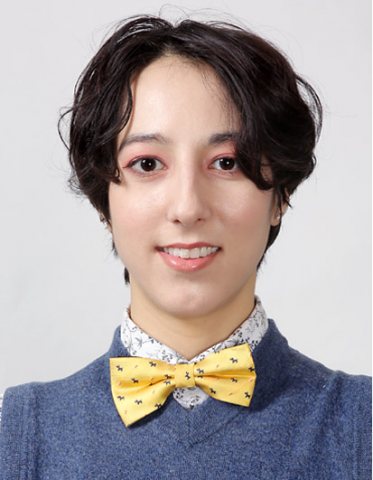
(ELT and Critical Disability Studies) Webinar Library
Creating a Space for Students with Disabilities and Neurodiversity in the Classroom
Neurodiversity is ADHD, dyslexia, autism spectrum, mental health, and personality disorders. Disability is a physical or mental condition that limits an individual’s movements, senses, or activities. Cultural and social stigmas hinder these individuals from succeeding and thriving within society and the education system, especially in Asia. Is there a lack of early childhood intervention in South Korea and the resulting impact it has on students going undiagnosed? We need to dismantle stigmas and provide an understanding of neurodiversity and disability. The best methods to improve learning is the use of implementing Assistive Technology, what is Universal Design for Learning framework and how can we engage the students while creating a space that allows them the freedom to move around easily within the classroom and provide a learning experience that meets their needs. Moreover, how to design our classroom for students to be themselves without shame, discrimination, and the constant demand to conform or pressure to “mask”. The research will be based on teachers’ classroom experiences, studies in special education and research. There will be active audience participation to discuss personal experiences, the resulting negative impact on disabled and neurodiverse students within the education system and society. As teachers, we should be able to assist our students in ways that can help them succeed and understand their needs. The presenter will go in-depth on how we can improve as educators by creating a classroom and lessons that meet the needs of our students with special needs.
About Crystal Cho Jones
Crystal Cho Jones is a current graduate student at Indiana University and is in the Master of Science in Education program specializing in Special Education. They have lived and worked in South Korea as an ESL teacher for over five years of teaching K-12 and adults and has worked with and helped individuals of different disabilities for over six years. They have an interest in neuroscience, sociology, philosophy, religions, and anthropology.


